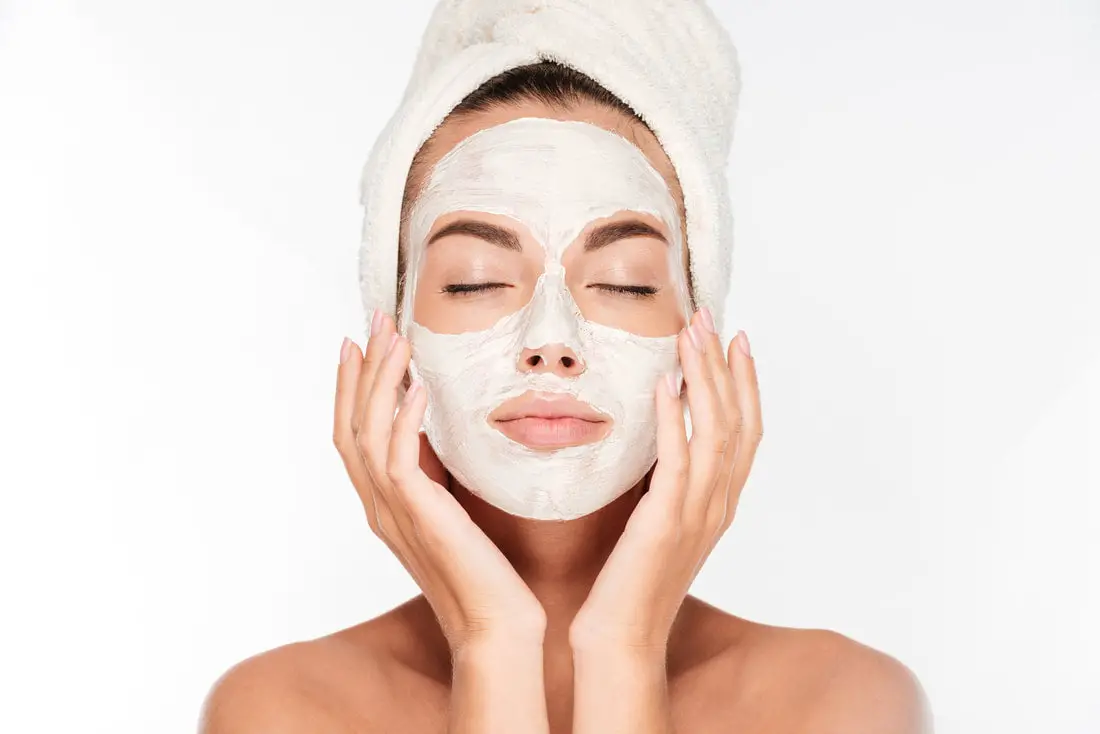How to Prevent Wrinkles Early: Expert Tips for Beauticians
As a beautician, understanding how to prevent wrinkles early is crucial for offering expert advice to clients who are keen on maintaining youthful skin. Wrinkles are an inevitable part of the aging process, but with the right strategies, you can help your clients delay their onset and maintain a smoother complexion. This comprehensive guide will arm you with the knowledge and tips necessary to guide your clients effectively.

Understanding the Causes of Wrinkles
Before diving into prevention methods, it's essential to understand what causes wrinkles. Wrinkles primarily occur due to a combination of intrinsic and extrinsic factors. Intrinsic factors include the natural aging process and genetics. Extrinsic factors are more controllable and include lifestyle choices such as sun exposure, smoking, and diet.
Sun Exposure and Skin Damage
One of the most significant contributors to early wrinkles is sun exposure. Ultraviolet (UV) rays can break down collagen and elastin fibers in the skin, leading to premature aging. It's crucial to educate clients on the importance of using sunscreen daily, even during cloudy days, to protect their skin from harmful UV rays.
For more insights on protecting skin, check out Embracing Your Skin with KP.
Lifestyle Choices and Wrinkle Formation
Smoking is another major factor that accelerates skin aging. The chemicals in cigarettes can damage collagen and elastin, leading to sagging skin and wrinkles. Additionally, a poor diet lacking in antioxidants and essential nutrients can make the skin more prone to aging. Encourage clients to adopt a diet rich in fruits, vegetables, and healthy fats to nourish their skin from the inside out.
Proactive Steps to Prevent Wrinkles
Adopting a Skincare Routine
Encouraging clients to follow a consistent skincare routine is one of the most effective ways to prevent early wrinkles. This routine should include cleansing, moisturizing, and the application of serums that contain active ingredients such as retinoids, vitamin C, and hyaluronic acid. These ingredients are known for their ability to boost collagen production and maintain skin hydration.
For a simple skincare routine, visit Vogue's Simplified Skincare Routine.
The Role of Regular Dermatologist Visits
Regular check-ups with a dermatologist can help in the early detection and treatment of skin concerns, including wrinkles. Dermatologists can offer professional treatments such as chemical peels, microdermabrasion, and laser therapy, which can effectively reduce fine lines and stimulate collagen production.
Learn more about dermatologist visits at Regular Dermatologist Check-ups.
Advanced Treatments for Wrinkle Prevention
Non-Invasive Procedures
In addition to topical treatments, non-invasive procedures like Botox and fillers can offer immediate results in reducing the appearance of wrinkles. These treatments work by relaxing the muscles or adding volume to the skin, respectively, and can be excellent options for clients seeking quick improvements.
Natural and DIY Remedies
For clients interested in natural solutions, DIY face masks can be an effective way to provide the skin with essential nutrients. Ingredients such as honey, avocado, and green tea are rich in antioxidants and can help in maintaining youthful skin.
Explore some DIY mask options at DIY Face Masks for Glowing Skin.
Conclusion
Preventing wrinkles early requires a multifaceted approach that includes a healthy lifestyle, a consistent skincare routine, and, when necessary, professional treatments. As a beautician, your role is to educate and guide your clients towards choices that will help them maintain a youthful appearance for years to come. By staying informed and proactive, you can become a trusted resource for your clients in their anti-aging journey.

FAQs on Wrinkle Prevention
What is the best age to start an anti-aging skincare routine?
It's recommended to start an anti-aging skincare routine in your mid-20s to early 30s, as this is when the natural aging process begins to affect collagen production.
Can diet really affect wrinkle formation?
Yes, a diet rich in antioxidants, vitamins, and healthy fats can support skin health and reduce the risk of premature aging.
How often should sunscreen be applied?
Sunscreen should be applied every day, regardless of the weather, and reapplied every two hours when exposed to sunlight.
This article contains affiliate links. We may earn a commission at no extra cost to you.

